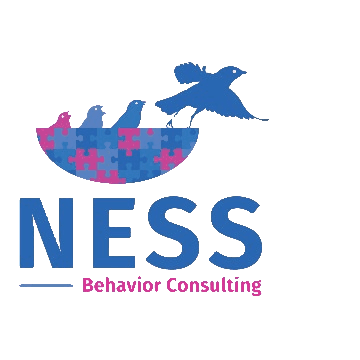Autism Diagnostic Interview - Revised (ADI-R)
- Desirie Sykes

- Jun 11, 2020
- 2 min read
Updated: Jan 12, 2023

The Autism Diagnostic Interview-Revised (ADI-R) is a tool used in the assessment for ASD individuals. ADI-R is a diagnostic process, a set of rules, that when followed will distinguish autism from other developmental disorders. This tool focuses on 3 behavior characteristics: quality of social interaction, communication and language, and repetitive, restricted and stereotyped interests and behavior. These characteristics are shared by all individuals with ASD.
Quality of social interaction measures the ability to develop relationships; emotional interactions and placements.
Communication and language, measures use of language (both verbal and non-verbal).
Repetitive, restricted, stereotyped interests and behavior measures unusual mannerisms and sensory issues.
New York-Presbyterian Center for Autism and Developing Brain outlines the nature of the intervention, training details, evidence-base for the intervention, and provision for cultural adaption, for those looking for further information and training to administrate this tool successfully.
Clinicians need to have an understating of protocols and ADI-R manual before administrating. A trained clinician typically administrates the process in about 2-3 hours in a face-to-face standardized interview with caregiver/parent. During the interview 93 items are addresses, focusing on 3-behavior characteristic. The goal is to measure items necessary to begin treatment.
ADI-R can assess individual’s as early at 2 year of age. The interview is designed to collect information on individuals with ASD whose caregivers desires support. Rutter M, LeCouteur A, Lord C (2003, 2008) highlights that a clinicians must be trained in order to use this tool, and details of the necessary training: “Training can be as brief as attending a 2 day workshop or as extensive as establishing reliability with the authors (an extensive process of establishing that administration and scoring is consistent with the authors’ administration and scoring). In specialty training clinics and research settings, trainees often administer the ADI-R under close supervision of an ASD expert while mastering the skill of diagnosing ASD.”
Lastly, the ADI-R is an interview and not a test. The focus is to measure behaviors in categories and scoring scales to assist in implementing treatment. The ADI-R findings, when used with a combination of Autism Diagnostic Observation Schedule (ADOS), have shown to result in excellent perditions, and also known as “ The Golden Standard” (Rutter M, LeCouteur A, Lord C 2003, 2008). Classification of autism is given based on scores in all 3 categories.
Other Related Readings & Resources:
Autism Diagnostic Interview-Revised (ADI-R) information from New York Presbyterian
Annual Research Review: Re-thinking the classification of autism spectrum disorders by Catherine Lord and Rebecca M. Jones
Can Asperger's Disorder Be Differentiated From Autism Using DSMIV Criteria?
Autism spectrum disorders by Tony Charman, 2008
DSM-5 Diagnostic Criteria
References :
Ann Le Couteur, M.B.B.S., Catherine Lord, Ph.D., and Michael Rutter, M.D., F.R.S.. ADIR Diagnostic Instrument. http://www.nyp.org/psychiatry/services/center-for-autism-and-the-developing-brain/research-and-diagnostic-instruments/adir-diagnostic-instrument
J Autism Dev Disord (2015). Autism Diagnostic Interview-Revised (ADI-R) Algorithms
for Toddlers and Young Preschoolers: Application in a Non-US
Sample of 1,104 Children
Rutter M, LeCouteur A, Lord C (2003, 2008). Autism Diagnostic Interview – Revised. Los Angeles: Western Psychological Services.





Comments